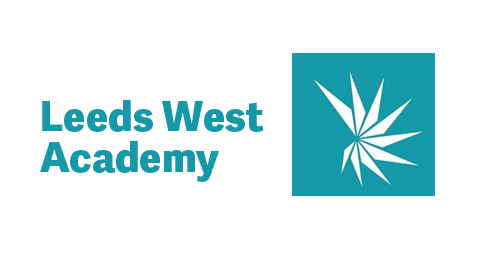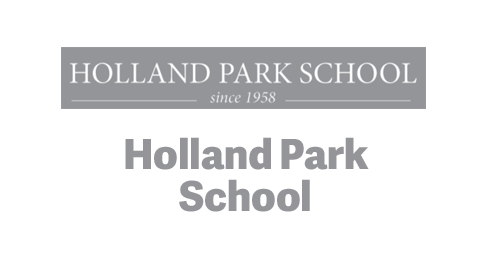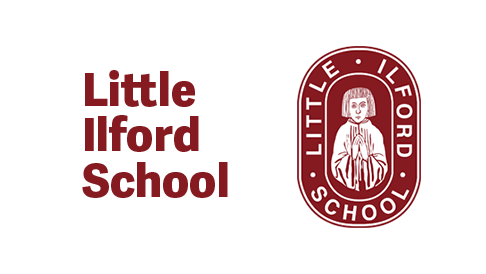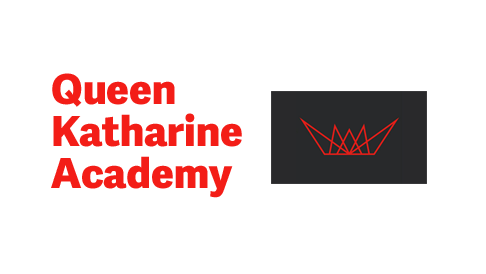Maths - Leeds West Academy - Winner of the BMC Award
The departmental vision was to embed the PTI ethos by ensuring teachers and students were provided with the conditions needed to flourish with Maths. Teachers were provided with the subject specialist support, training and guidance to allow them to teach to the level and standard of the best in the department.
The Maths department leader continually reviews the curriculum to ensure students are stretched and challenged. Schemes of Learning have been designed to meet the needs of each year group, underpinned by effective data systems providing teachers with information about their student’s competencies and allowing them to support, stretch, and challenge in a timely, responsive way.
Student growth and enrichment is a core element of learning and students are exposed to careers and future goals, diversity and decolonization. The department believes all students can become high performing learners, regardless of their starting points. Through a curriculum learning community focus of subject pedagogy, staff are trained and empowered to scaffold and deliver lessons in a way that best meets the needs of students, including those with SEND. The impact of this is that increasing cohorts of students are entering for higher tier at the end of KS4.
High numbers of students are now engaging in subject-based activities beyond the curriculum, ranging from Year 7 students attending a department-created ‘level up’ programme in the holidays, to Saturday School for Year 11s. Attendance to these has doubled in the last two years and continues to grow. The impact of these can be seen in student outcomes and confidence.
CPD beyond the department is highly valued. Engagement with the PTI has proven popular and staff contribute their experiences through department training sessions. The PTI forums have allowed leaders to broaden their current expertise and seek innovative ideas that can be used to develop the area further. Within the department an open culture of development has been created to strive for constant improvement.
Externally, staff have been involved in the Leeds Learning partnership, undertaken apprenticeships with the NCE, taken part in the new NPQs and been selected to participate in the Maths Mastery Development with the National Centre for Excellence in the Teaching of Mathematics leading to two members of staff being accredited Mastery Advocates. Staff have also used Higher Education connections to broaden students’ horizons; this is particularly important as the area the school serves is in the bottom 10% nationally for students progressing to HE.





